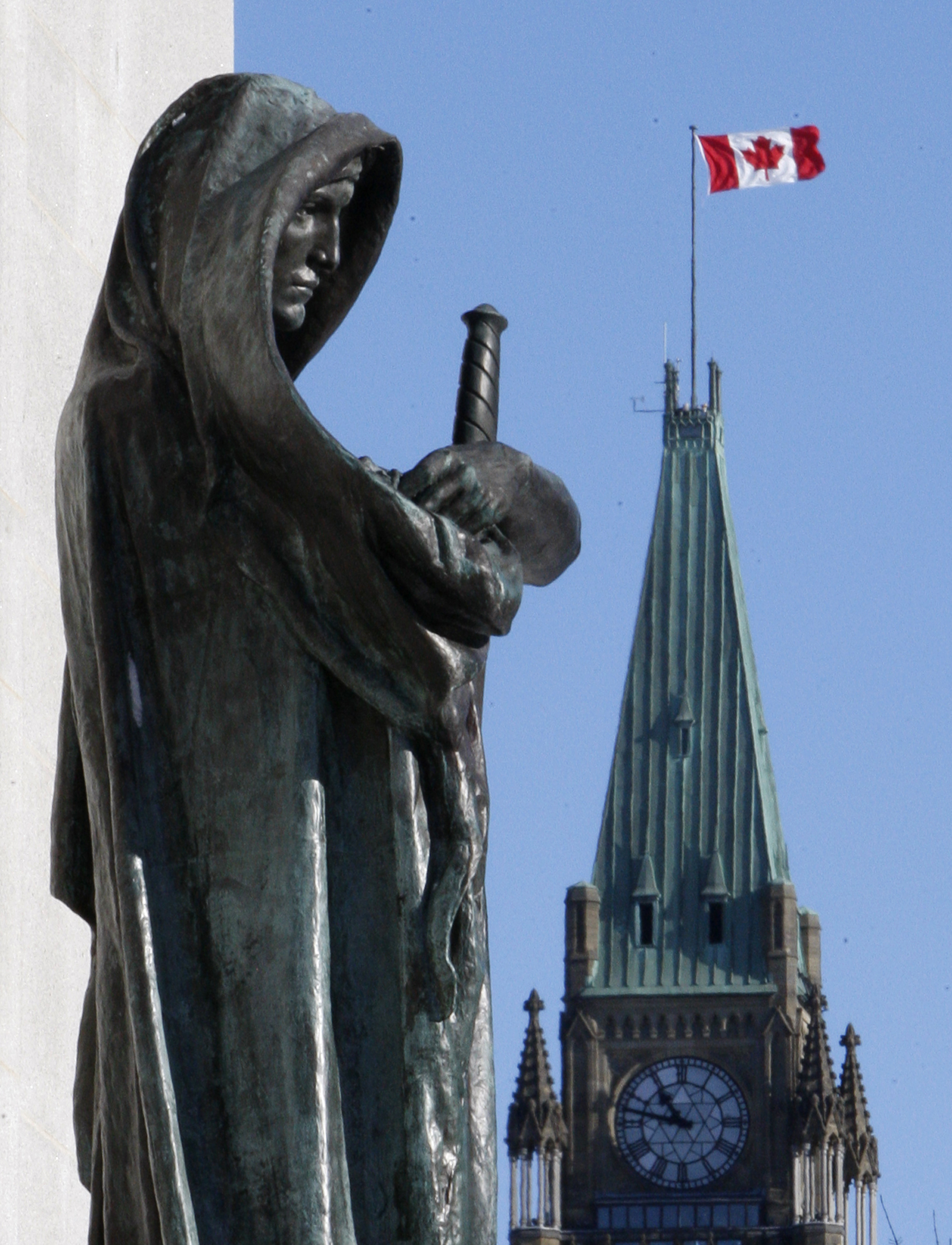The Supreme Court of Canada will hear the following appeals this week, including the much-anticipated Indalex pension case:
 June 5 — Ontario — Sun Indalex Finance v. United Steelworkers
June 5 — Ontario — Sun Indalex Finance v. United Steelworkers
Procedural law: This case relates to a dispute over pension plans after Indalex obtained protection under the Companies’ Creditors Arrangement Act. At the time, one of Indalex’s pension plans was underfunded and the other was being wound up. The court approved the sale of its assets. Representatives for some current and former members of the pension plans challenged the distribution of the sale proceeds. Indalex then sought bankruptcy. The Court of Appeal held that the bargaining agent for unionized pension plan members doesn’t have the right to obtain payment of costs from a pension trust on behalf of its members. That decision is being challenged.
June 6 — Quebec — Boudreault v. R.
Criminal law: Donald Boudreault had consumed a large quantity of alcohol and decided not to drive. He was arrested and charged with impaired driving after he fell asleep in his vehicle with the motor running while waiting for a designated driver service. The trial judge ruled there was no risk of him driving the vehicle and acquitted him. On the contrary, the Court of Appeal found Boudreault guilty, claiming intent to drive isn’t an essential element of the charges.
The SCC will also hear a series of relatively rare oral applications for leave to appeal:
June 4 — Federal Court — Daishowa-Marubeni International Ltd. v. R.
Taxation: The dispute in this case revolves around pulp mills in Alberta and British Columbia and the tax treatment of reforestation obligations assumed by purchasers of sawmill operations.
June 4 — British Columbia — Vu v. R.
Charter of Rights and Freedoms: The police obtained a search warrant to enter a house with a suspected theft of hydro and they found marijuana growing in the basement. After examining two laptop computers and a cellphone, the accused was charged with marijuana-related offences. The judge dismissed some of the evidence as it resulted from an unreasonable search and seizure, which violated his Charter rights. The accused was acquitted. The Court of Appeal allowed the appeal, set aside the acquittal, and ordered a new trial.
June 7 — Ontario — Youvarajah v. R.
Criminal law: Yousanthan Youvarajah and another young person identified as D.S. were charged with first-degree murder. They were tried separately. In his trial, D.S. pleaded guilty to second-degree murder and signed an agreed statement of facts, which alleged that Youvarajah arranged the shooting. In Youvarajah’s trial, D.S. recanted parts of the agreed statement of facts and the Crown sought to have it admitted as evidence. The application was dismissed and Youvarajah was acquitted. The Court of Appeal allowed the appeal and then ordered a new trial.
 June 5 — Ontario — Sun Indalex Finance v. United Steelworkers
June 5 — Ontario — Sun Indalex Finance v. United Steelworkers Procedural law: This case relates to a dispute over pension plans after Indalex obtained protection under the Companies’ Creditors Arrangement Act. At the time, one of Indalex’s pension plans was underfunded and the other was being wound up. The court approved the sale of its assets. Representatives for some current and former members of the pension plans challenged the distribution of the sale proceeds. Indalex then sought bankruptcy. The Court of Appeal held that the bargaining agent for unionized pension plan members doesn’t have the right to obtain payment of costs from a pension trust on behalf of its members. That decision is being challenged.
June 6 — Quebec — Boudreault v. R.
Criminal law: Donald Boudreault had consumed a large quantity of alcohol and decided not to drive. He was arrested and charged with impaired driving after he fell asleep in his vehicle with the motor running while waiting for a designated driver service. The trial judge ruled there was no risk of him driving the vehicle and acquitted him. On the contrary, the Court of Appeal found Boudreault guilty, claiming intent to drive isn’t an essential element of the charges.
The SCC will also hear a series of relatively rare oral applications for leave to appeal:
June 4 — Federal Court — Daishowa-Marubeni International Ltd. v. R.
Taxation: The dispute in this case revolves around pulp mills in Alberta and British Columbia and the tax treatment of reforestation obligations assumed by purchasers of sawmill operations.
June 4 — British Columbia — Vu v. R.
Charter of Rights and Freedoms: The police obtained a search warrant to enter a house with a suspected theft of hydro and they found marijuana growing in the basement. After examining two laptop computers and a cellphone, the accused was charged with marijuana-related offences. The judge dismissed some of the evidence as it resulted from an unreasonable search and seizure, which violated his Charter rights. The accused was acquitted. The Court of Appeal allowed the appeal, set aside the acquittal, and ordered a new trial.
June 7 — Ontario — Youvarajah v. R.
Criminal law: Yousanthan Youvarajah and another young person identified as D.S. were charged with first-degree murder. They were tried separately. In his trial, D.S. pleaded guilty to second-degree murder and signed an agreed statement of facts, which alleged that Youvarajah arranged the shooting. In Youvarajah’s trial, D.S. recanted parts of the agreed statement of facts and the Crown sought to have it admitted as evidence. The application was dismissed and Youvarajah was acquitted. The Court of Appeal allowed the appeal and then ordered a new trial.







